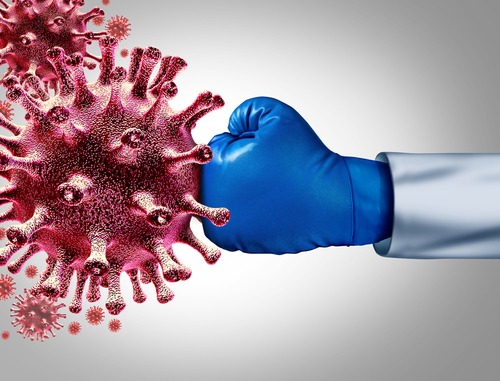
Expanding options for individuals with COVID-19, the World Health Organization (WHO) last week recommended two additional drugs for treatment: the oral inhibitor known as baricitinib and the monoclonal antibody drug sotrovimab.
Baricitinib is meant for use by those with severe or critical COVID-19 cases. Traditionally a rheumatoid arthritis treatment, it offers an alternative path to the previously recommended Interleukin-6 receptor blockers. Taken orally, this Janus kinase (JAK) inhibitor suppresses overstimulation of the immune system, and WHO recommended it be taken with corticosteroids.
Separately, WHO extended conditional recommendation to sotrovimab as an alternative to another recommended cocktail: caririvimab-imdevimab. While studies are ongoing to determine the efficacy of monoclonal antibodies at large against the omicron variant of COVID-19, early lab studies have demonstrated sotrovimab maintains usefulness against it. However, the drug is meant only for mild or moderate COVID-19 cases. Specifically, the WHO had it in mind for patients at the highest risk for hospitalization: the elderly, immunocompromised, and unvaccinated, among others.
These drugs were added as part of WHO’s eighth update to living guidelines on therapeutics and COVID-19, based on evidence from seven trials and more than 4,000 patients with non-severe, severe and critical cases of COVID-19. At this time, two other drugs – ruxolitinib and tofacitinib – were considered by WHO’s expert panel but rejected due to their uncertain effects.
As a result of this recommendation, both baricitinib and sotrovimab have been invited for WHO Prequalification, which would assess their quality, efficacy, and safety and ease their path to access and acceptance in lower-income countries. Discussions are still underway with manufacturers to provide capacity and equitable access to the newly recommended therapeutics through the Access to COVID-19 Tools Accelerator (ACT-A) Therapeutics pillar. Those discussions are also focused on making them more affordable.




